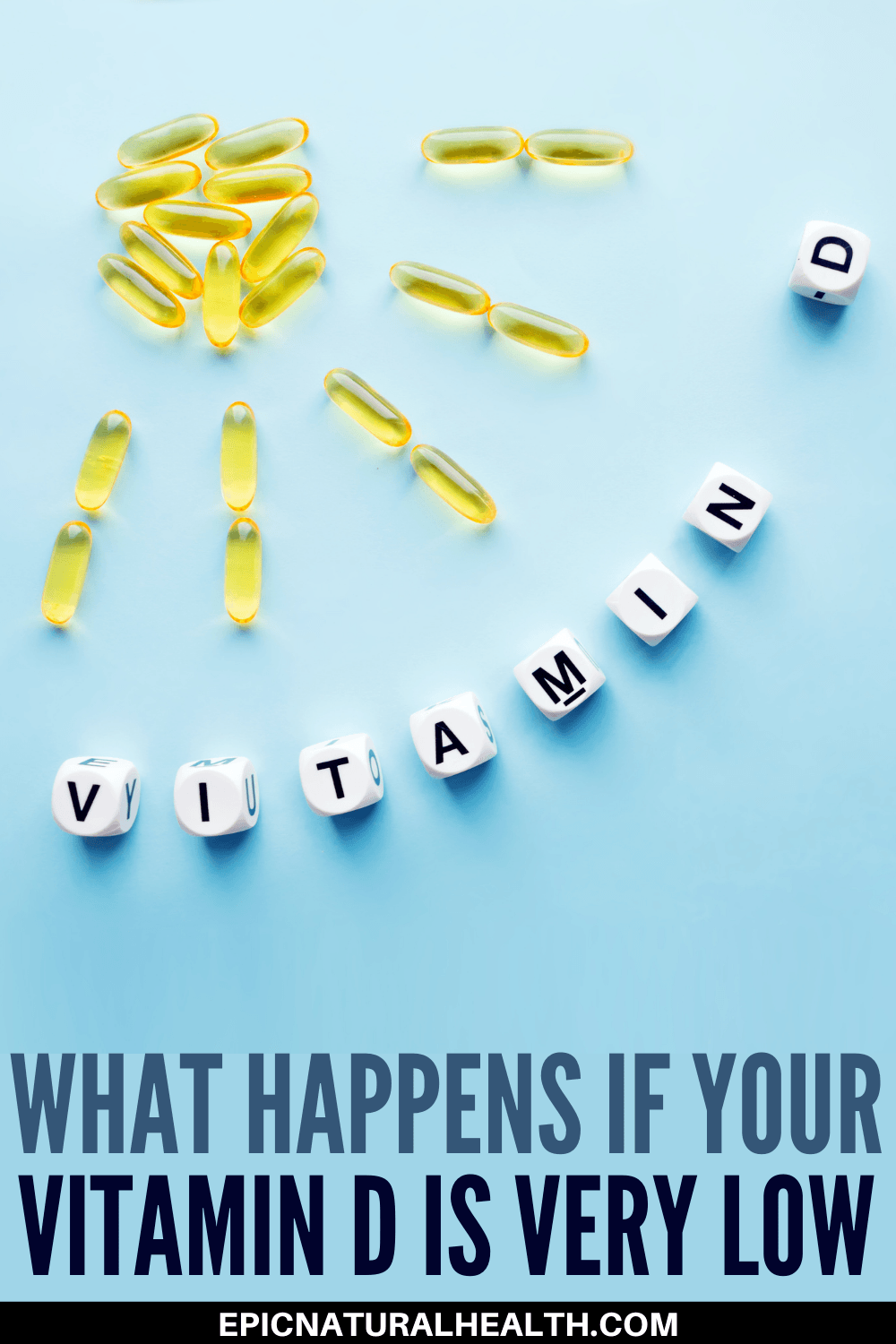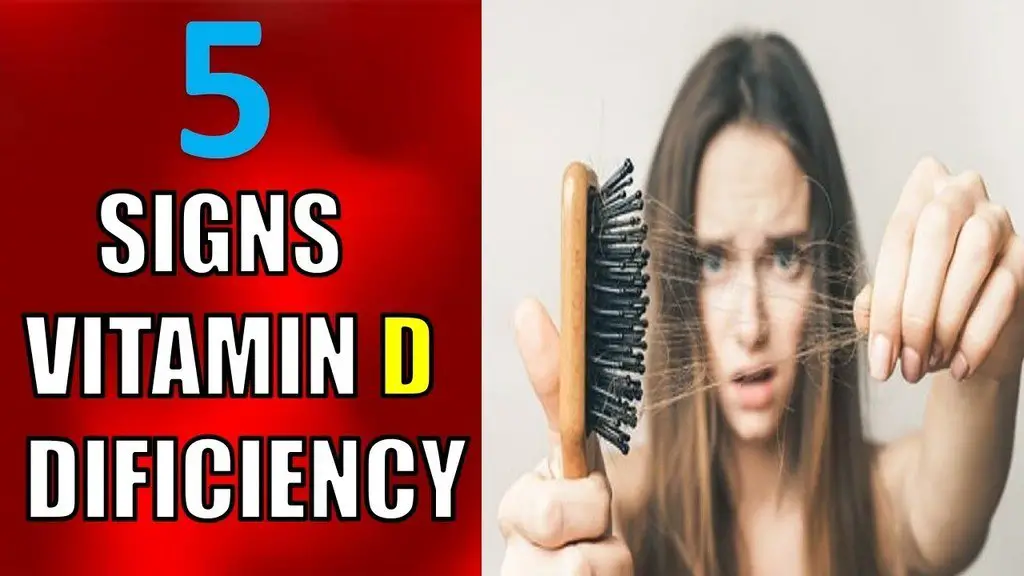Vitamin D is one of the essential nutrients our bodies need to stay healthy. It is known for its powerful effects on certain internal systems, acting as a hormone, which the receptors in our bodies react to.
When we’re exposed to sunlight, we make vitamin D out of cholesterol. Certain foods can also trigger the production of vitamin D, including fatty fish, cheese, egg yolks, and foods fortified with vitamin D.
It’s recommended that we get at least 400–800 IU of vitamin D, but many experts think we should aim for even more than that to stay healthy. When vitamin D levels fall too low, it’s referred to as a deficiency.
So, how common is vitamin D deficiency?
Actually very common! Statistics show that more than a billion people across the world don’t take in enough vitamin D. One study looking just at adults in the US found that nearly half the participants were deficient.
You’re more likely to be vitamin D deficient if you’re overweight or obese, over sixty, or you spend a lot of time indoors. Equally, people with darker skin and people who don’t include a lot of fish and dairy in their diets are more prone to vitamin D deficiency.Signs of low vitamin D
You might not even realise that you’re vitamin D deficient, but there are a few signs and symptoms to look out for, including the following:
1. You get sick way more often than normal

As vitamin D is so important for helping maintain a healthy immune system, you might notice that you fall sick more frequently when your vitamin D levels are low. A good immune system can fight off bacteria, viruses, and other pathogens that can lead to illnesses.
Therefore, if your body produces less vitamin D, these pathogens may be able to reign in your immune system and cause all sorts of problems.
2. You’re losing your hair

Hair loss is linked to a whole host of factors, like stress, ageing, and poor diet. But when your hair loss is particularly severe or sudden, it may be down to a deficiency in vitamin D.
Although there are very few studies that look into the link between hair loss and vitamin D deficiency, the association is there. One study found that people who have Alopecia areata, an autoimmune disease that causes severe hair loss, are more likely to have low levels of vitamin D in their blood.
3. You’re experiencing depression

Research into Vitamin D and emotional health has shown that people with low levels of Vitamin D are up to 11 times more prone to depression than people with normal levels of the vitamin. Experts are yet to understand why this is, but if you’re feeling lower than usual, a vitamin D deficiency may be the cause.

4. You’re in pain

Pain in your bones and back can be a sign that you’ve overworked an area, but equally, it could mean that you’re low in vitamin D. Vitamin D is essential for bone health – it improves your body’s absorption of calcium, which is involved in the production of healthy bones.
5. You’re tired

We all have days where we’re low on energy, but if you’re vitamin D deficient, you’re more likely to experience chronic fatigue. It’s not understood exactly why low levels of vitamin D lead to increased tiredness, but many studies link the two together. One study found that nearly 90% of participants who reported fatigue were vitamin D deficient.
- Immune, muscle, teeth and bone health support supplement: contains one 100 count bottle of Nature Made Vitamin D3 2000 IU (50 mcg) Tablets for a 100-day supply
- Nature Made Vitamin D 2000 IU tablets support bone health, teeth health, muscle health, and provide immune support
- These Vitamin D 2000IU tablets help improve calcium absorption and contain 50mcg of Vitamin D 3, the body’s preferred form of Vitamin D
- Adults, take one Vitamin D3 tablet daily with water and a meal
- Immune, muscle, teeth and bone health support supplement: contains one 300 count bottle of Nature Made Vitamin D3 1000 IU (25 mcg) Softgels for a 300-day supply
- Nature Made Vitamin D 1000 IU softgels support bone health, teeth health, muscle health, and provide immune support
- These Vitamin D 1000IU softgels help improve calcium absorption and contain 25mcg of Vitamin D 3, the body’s preferred form of Vitamin D
- Adults, take one Vitamin D3 softgel daily with water and a meal
- HIGH POTENCY/SUNSHINE VITAMIN: Highly-absorbable liquid softgel form of vitamin D-3
- VITAMIN D: Supports healthy immune system function and is essential for achieving and maintaining optimal bone mineral density*
- CERTIFICATIONS/CLASSIFICATIONS: Corn Free, Dairy Free, Egg Free, Halal, Kosher Contains Gelatin, Low Sodium, Made without Gluten, Non-GMO, Soy Free
- GMP Quality Assured: NPA A-rated GMP certification means that every aspect of the NOW manufacturing process has been examined, including our laboratory/testing methods (for stability, potency, and product formulation).
- Immune, muscle, teeth and bone health support supplement: contains one 180 count bottle of Nature Made Extra Strength Vitamin D3 5000 IU (125 mcg) Softgels for a 180-day supply
- Nature Made Vitamin D 5000 IU softgels help improve calcium absorption, support bone health, teeth health, muscle health, and provide immune support
- This high dose Vitamin D 3 product is for those with higher Vitamin D needs and/or deficiency, as determined by a healthcare professional (1)
- Adults, take one Vitamin D3 Nature Made softgel daily with water and a meal
How to get more vitamin D
Luckily, there’s plenty you can do if you’re concerned about your vitamin D levels. Spending time in sunlight is an easy way to up your intake. You can also get it from foods, like egg yolks, mushrooms, fatty fish, and fortified foods. Note that you shouldn’t aim to get all of your vitamin D from your diet alone.

If you’re still unable to meet your daily vitamin D intake, you can supplement with vitamin D capsules. If you take the recommended dose as advertised on your product every day, it should contribute nicely to your overall vitamin intake.
As with dietary vitamin D, you shouldn’t take vitamin D supplements your sole intake of the vitamin.
Conclusion
Being vitamin D deficient isn’t pleasant, and, if left untreated, it can lead to serious problems like bone loss, increased cancer risk, pregnancy problems, diabetes, eyesight problems, hypertension, and asthma.
If you think you might be vitamin D deficient, make an appointment to see your doctor soon. They can carry out some blood vitamin tests and advise you on how to treat the issue going forward. In the meantime, stock up on vitamin D supplements to encourage production of the vitamin in your body.





